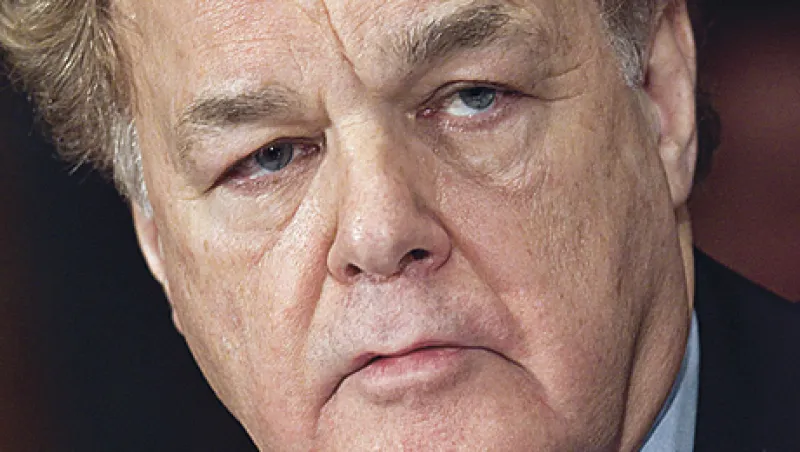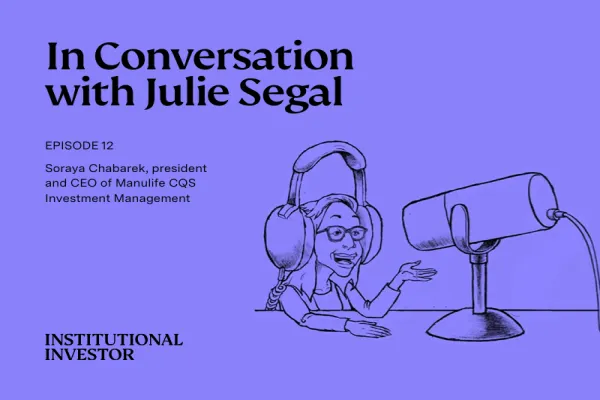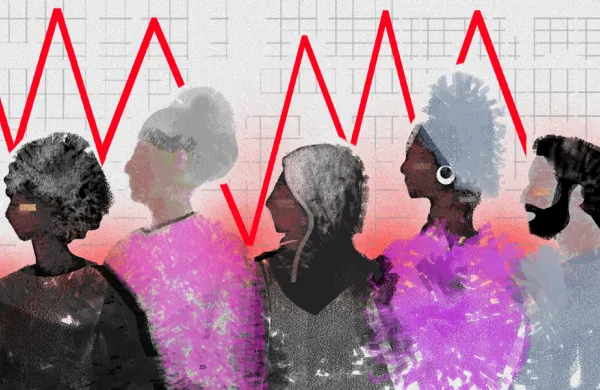It could be a scene right out of the Watergate hearings — except with more money at stake. A court-appointed trustee for the liquidation of MF Global, James Giddens, is trying to find this out: What did the firm’s CEO know, and when did he know it?
When New York–based commodities broker-dealer MF Global filed for bankruptcy last year, the firm left many of its customers high and dry. They collectively stand to lose in excess of $1 billion in supposedly safe customer funds that had been transferred out of the broker-dealer, potentially to cover capital calls, in the frantic days before the filing.
Enter Giddens, a partner at law firm Hughes Hubbard & Reed. Members of the Senate Committee on Banking, Housing and Urban Affairs were very keen on finding out what the trustee had dredged up when they called him to testify at a hearing last month. They had two key areas of interest: What happened to those customer funds? And, can anyone — CEO Jon Corzine, in particular, or other senior MF Global employees — be held to account for those transfers?
Giddens, has traced all the cash transactions, totaling $105 billion just before the commodities broker-dealer collapsed, and has distributed more than $4 billion in customer funds. He estimates the shortfall between what MF Global customers have collected and what they are owed to be $1.6 billion.
The topic of accountability is more challenging. Giddens told the Senate committee that the structure of MF Global was such that relatively junior staff members had the authority to transfer hundreds of millions of dollars. He also said it’s very hard to hold senior staff members accountable because orders to transfer funds are rarely, if ever, given directly by upper management. Giddens suggested that officers and directors of broker-dealers — people such as Corzine — should be held “personally accountable and civilly liable” for any shortfall in supposedly protected customer accounts.
Without such a liability provision in place, however, Giddens said that “if there were breaches of fiduciary duty that are actionable, we will pursue them.”





